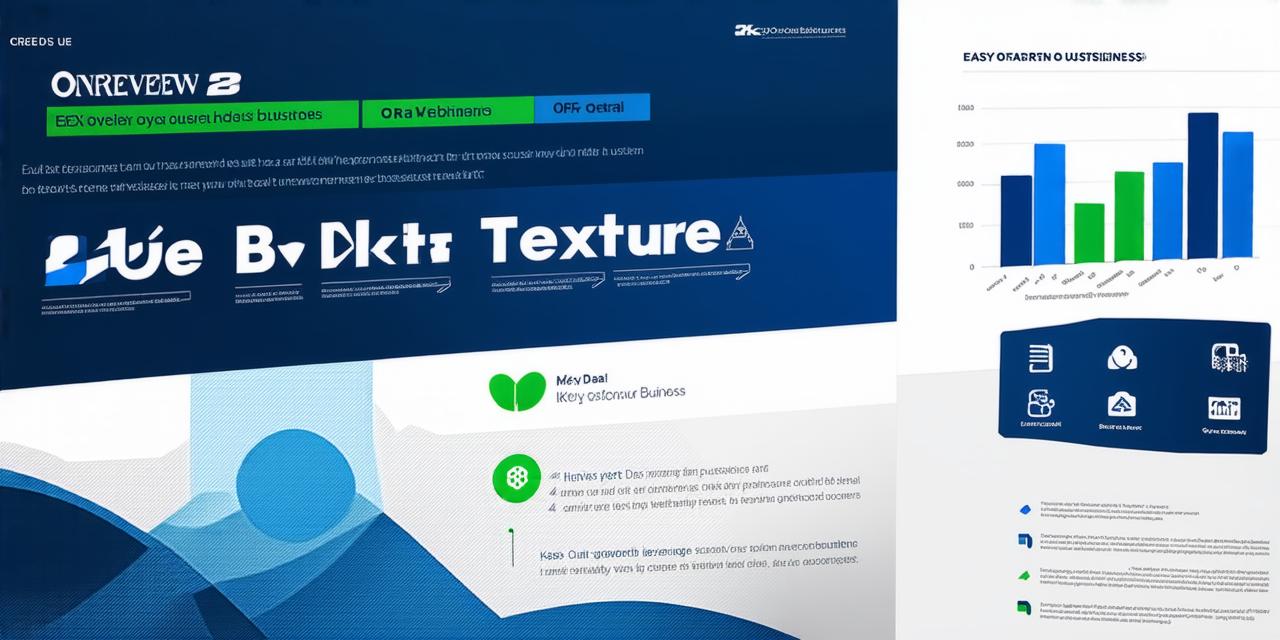The Impact of Outsourcing on US Businesses: A Brief Overview
BlogOutsourcing has become a popular strategy for many US businesses looking to reduce costs and improve efficiency. The process involves contracting with third-party companies to perform tasks that were previously done in-house, such as manufacturing, marketing, or customer service. While outsourcing can provide significant benefits, it also comes with its own set of challenges and risks. In this article, we will explore the impact of outsourcing on US businesses, including the pros and cons of this approach.
Table of Contents
TogglePros of Outsourcing
1. Cost Savings: One of the primary reasons businesses outsource is to save money. By contracting with a third-party company, businesses can reduce their overhead costs, such as salaries and benefits, office space, and equipment. This allows them to focus on core business activities that generate revenue.
2. Expertise: Many outsourcing companies have specialized expertise in certain areas, such as marketing or IT. By outsourcing these tasks, businesses can benefit from the knowledge and experience of these professionals without having to invest in expensive training or hiring.
3. Time Savings: Outsourcing can also save businesses time by allowing them to focus on their core competencies while leaving the more mundane or time-consuming tasks to the outsourcing company. This frees up employees to focus on high-value activities that drive business growth.
4. Increased Flexibility: Outsourcing can provide greater flexibility for businesses looking to scale their operations quickly or respond to changing market conditions. For example, a business may outsource its manufacturing during peak production periods and bring it back in-house when demand decreases.
Cons of Outsourcing

1. Lack of Control: One of the main risks of outsourcing is that businesses lose control over certain aspects of their operations. This can lead to quality issues, delays, or even security breaches if the outsourcing company does not meet the business’s standards.
2. Communication Challenges: Effective communication between businesses and outsourcing companies is critical to ensure that tasks are completed on time and to the desired standard. However, language barriers, cultural differences, and time zone disparities can make it challenging to maintain open and effective communication.
3. Security Risks: Outsourcing certain tasks, such as IT or data management, can also expose businesses to security risks if the outsourcing company does not have adequate measures in place to protect sensitive information
4. Legal Liabilities: If an outsourcing company fails to comply with regulations or standards, businesses may be held liable for any resulting legal or financial consequences.
Summary
Outsourcing can provide significant benefits to US businesses looking to reduce costs and improve efficiency. However, it also comes with its own set of risks and challenges that must be carefully considered before outsourcing certain tasks. By weighing the pros and cons of outsourcing, businesses can make informed decisions about which tasks to outsource and how to mitigate any potential risks.
